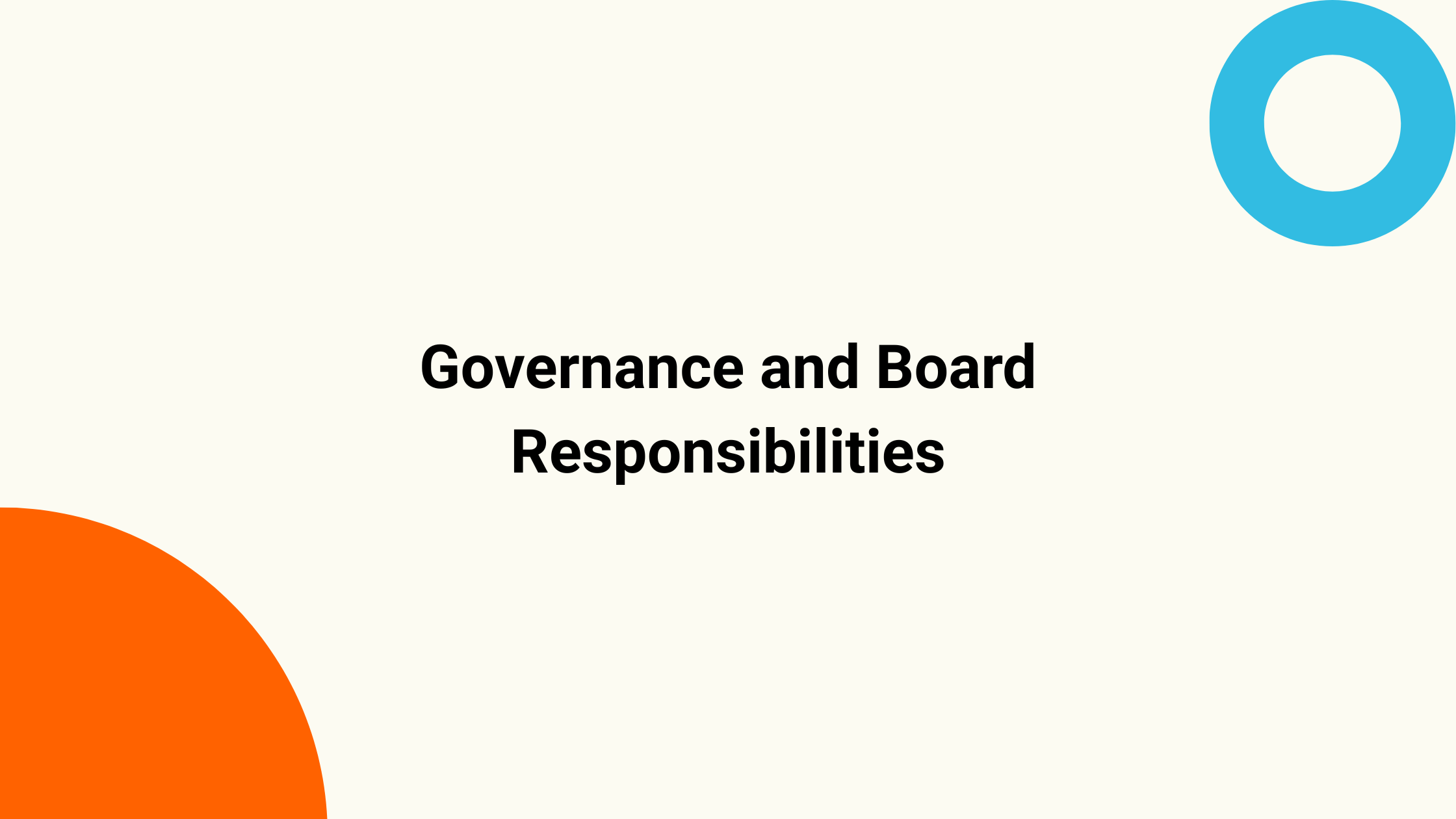Running a nonprofit is about more than delivering impact — it’s also about staying legally compliant every step of the way. Whether you’re launching a new 501(c)(3) or managing a well-established organization, compliance isn’t optional. It’s the foundation that allows you to operate, fundraise, and grow with confidence.
To help simplify what can often feel overwhelming, we’ve created a practical nonprofit compliance checklist that covers key state and federal requirements. Use it to ensure your organization stays in good standing — and link back here as your go-to reference.
Need a trusted partner to manage your nonprofit compliance? Learn more about our compliance services.
Nonprofit Compliance Checklist
✅ 1. Maintain 501(c)(3) Federal Tax-Exempt Status
Once you’ve received 501(c)(3) status from the IRS, you must actively maintain it by fulfilling annual reporting and recordkeeping obligations.
Key Requirements:
-
File IRS Form 990, 990-EZ, or 990-N annually depending on your revenue.
-
Keep your organization’s mission and programs aligned with your original tax-exempt purpose.
-
Avoid excessive unrelated business income, which can trigger IRS scrutiny.
Missing an IRS filing for three consecutive years can result in automatic revocation of your tax-exempt status.
Need help with IRS Form 990 filings? Our compliance team can handle it for you.
✅ 2. Register and Renew State Charity Registrations
If your nonprofit solicits donations — even online — you may be required to register with the state’s charity office. Many states also require annual renewals and financial disclosures.
Key Requirements:
-
Complete initial charitable solicitation registration in the states where you raise funds.
-
File annual renewal documents, which may include financial reports or IRS Form 990.
-
Be aware of differing requirements for online fundraising platforms.
Over 40 states regulate charitable solicitation — and failing to register can result in fines or public listing as noncompliant.
✅ 3. Stay in Good Standing with State Corporate Filings
To legally operate in your home state, you must maintain corporate good standing. This includes regular filings and fees.
Key Requirements:
-
File annual reports with your Secretary of State or equivalent agency.
-
Maintain a registered agent with a physical address in your state.
-
Update corporate information (like board members or address) as needed.
Neglecting state corporate filings can lead to administrative dissolution of your nonprofit.
✅ 4. Uphold Governance and Board Responsibilities
Strong governance practices aren’t just best practice — they’re part of staying compliant.
Key Requirements:
-
Adopt and regularly review your bylaws.
-
Hold regular board meetings with recorded meeting minutes.
-
Maintain and enforce a conflict-of-interest policy.
Many states and funders require documentation of active board governance.
Bonus: Consider providing your board with a compliance overview annually.
✅ 5. Ensure Financial Transparency and Internal Controls
Transparent, well-organized finances are essential for audits, grant applications, and IRS compliance.
Key Requirements:
-
Maintain accurate books using nonprofit-specific software (e.g., QuickBooks for Nonprofits).
-
Reconcile bank statements monthly.
-
Track restricted vs. unrestricted funds.
-
Implement segregation of duties for financial tasks.
Need help setting up compliant financial systems? Our nonprofit bookkeeping team is here to help.
✅ 6. Understand Fundraising and Donation Rules
Fundraising is highly regulated, especially when it comes to raffles, auctions, and digital campaigns.
Key Requirements:
-
Ensure compliance with charitable solicitation laws before launching campaigns.
-
Provide donors with required gift acknowledgment letters.
-
Comply with raffle and gaming laws in your state.
-
Follow state-specific rules when using online giving platforms (e.g., Givebutter, Classy).
Accepting donations online often triggers registration requirements in multiple states.
✅ 7. Comply with Employment and Payroll Laws
Hiring staff or contractors introduces additional legal obligations.
Key Requirements:
-
Classify workers correctly (employee vs. independent contractor).
-
Withhold and remit payroll taxes.
-
Provide necessary insurance (unemployment, workers’ comp).
-
Follow Department of Labor and IRS employment regulations.
Noncompliance with payroll laws can lead to IRS penalties and loss of trust.
✅ 8. Protect Donor Data and Confidential Information
In the digital age, data privacy and cybersecurity are essential components of compliance.
Key Requirements:
-
Collect and store donor data securely.
-
Use reputable platforms for donation processing and email marketing.
-
Be transparent in your privacy policy about how you handle data.
Consider implementing a simple data security policy and training staff on best practices.
FAQs
Do all nonprofits need to file IRS Form 990?
Yes. Most tax-exempt organizations must file a version of Form 990 annually. The specific form depends on your gross receipts:
-
990-N for organizations with less than $50,000 in revenue
-
990-EZ for those with under $200,000 in revenue
-
990 for larger organizations
Failure to file for three consecutive years will result in automatic revocation of your tax-exempt status.
What is charitable solicitation registration, and do we need it?
Charitable solicitation registration is the process of notifying state regulators that your organization is soliciting donations from their residents. If you raise money — even through a website or email campaign — you may need to register in multiple states. Over 40 states require it.
How do I know which states we need to register in?
Generally, you need to register in any state where:
-
You are actively fundraising (direct mail, email, events)
-
You have donors or prospects
-
You’re using online platforms that reach state residents
A compliance service can help you determine where and how to register.
What happens if we don’t maintain corporate good standing?
Failure to file your nonprofit’s annual report or maintain a registered agent can lead to administrative dissolution by your state. This means your organization legally ceases to exist and loses key protections and funding eligibility.
Is board governance really a compliance issue?
Yes. While some governance practices may seem internal, many states and grantmakers require proof of active, responsible board oversight. This includes holding meetings, maintaining minutes, and reviewing policies like conflicts of interest.
Are online donations regulated differently than offline gifts?
They can be. Accepting donations via your website or platforms like Givebutter or Classy may trigger multistate registration requirements. Some states have specific rules for digital fundraising, raffles, and crowdfunding.
What’s the risk of misclassifying a worker?
Misclassifying an employee as a contractor can lead to serious consequences, including:
-
IRS penalties
-
Liability for back taxes and benefits
-
Damage to your organization’s credibility
Always consult HR or legal professionals when hiring.
What’s the simplest way to stay compliant year-round?
Use a nonprofit-specific compliance service that manages registrations, renewals, IRS filings, and recordkeeping. Partnering with experts allows your team to focus on impact — not paperwork.
Need help? Explore Charity Charge’s compliance services to stay legally sound and audit-ready.

















